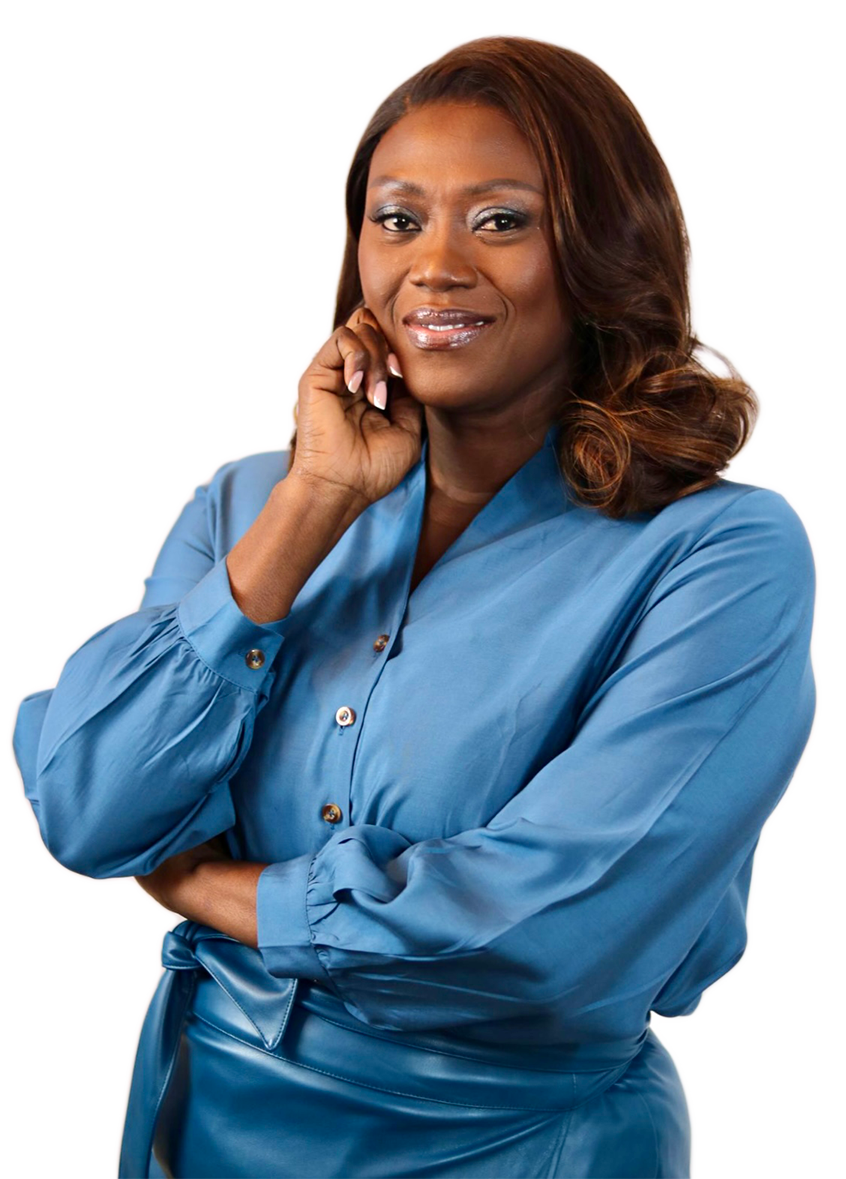Last year, I stood on the edge of what I thought was my dream role. I was in the final stages of a long interview process for a senior CSR position I deeply desired. Out of hundreds of applicants, I had made it to the final two. Everything seemed perfect—until it wasn’t. There could only be one winner, and it wasn’t me.
I was devastated. I tried to shake it off and “keep moving forward,” but my heart was in that role. The disappointment lingered. Can you relate? That moment when something you’ve poured your energy and hopes into doesn’t materialise?
Now, a year later, I look back with gratitude. Not getting that role was the redirection and springboard I didn’t know I needed. If I’d been offered it, I would have delayed stepping into what I now know is my perfect-fit vocation. Notice I said “delayed”? Because, in hindsight, becoming a coach was inevitable.
But at the time, I couldn’t see it. After the rejection—one in a line of others that hadn’t mattered as much—I sank into a spiral of self-doubt: Maybe corporate life isn’t for me. Maybe I’m overestimating my skills. Maybe I just don’t have what it takes. You know those destructive inner narratives, don’t you? To make matters worse, I was tempted by well-meaning advice to “play it safe” and settle for roles that didn’t align with my values or aspirations—because “a job is better than no job,” right?
Then, something unexpected happened.
Following the Breadcrumbs Toward Coaching
Amidst my wrestling, at least three people approached me about coaching. A friend I had been journeying with through a difficult period casually remarked, “You should consider becoming a coach—you’re really good at it.” Within the same week, another asked me to mentor her. And then a third said, “I’m transitioning into a new venture and would like you to coach me through it.”
When I protested, “But I’m not a trained coach,” she simply replied, “Send me your fees and figure it out as we go.”
That was my wake-up call.
I began to notice a pattern: others saw something in me that I hadn’t fully embraced. I did what I always do when faced with the unknown—I dived into learning. I read books, listened to podcasts, and attended free webinars. Julie Starr, Michael Bungay Stanier, Timothy Gallwey, Marion Franklin, Peter Hawkins, Henry and Karen Kimsey-House, and John Whitmore became familiar names in my earbuds.

So Why Coaching?
As I immersed myself in learning, it became increasingly clear that coaching was a vocational path that aligned my skills, innate abilities, disposition, and sense of purpose. It offered a way to bring everything I valued into one space, without compromising my desire to remain present and active in my family life. Coaching allowed me to help others pursue fulfilment and purpose while doing the same for myself.
Coaching required something I found deeply compelling: authenticity. It’s an inside-out process—you can’t lead others where you’re unwilling to go yourself. As someone who loves deep learning and reflection, this resonated profoundly with me.
I also realised that coaching wasn’t a departure from my CSR experience or theological leadership training—it was a natural extension. Helping people align their values with their work or mission is as meaningful as creating social impact for those less fortunate. Coaching became a way for me to integrate my skills, experiences, and passions into one cohesive calling.
It wasn’t just about helping others; it also allowed me to align my work with my family priorities. I realised I could help leaders discover their purpose while staying true to my own.
Stepping Into the Unknown
The next step was finding the right training. I know there’s a lot of well-meaning advice out there saying you don’t need qualifications to get started with coaching. But given my value of excellence and my desire to do the best I can in whatever I pursue, skipping qualifications wasn’t an option.
The options for coaching qualifications were overwhelming, with costs ranging from £3k to £25k. I kept searching until I stumbled upon an interview with Elizabeth Oldfield on The Re-Enchantment Podcast. If you know her work on The Sacred or Fully Alive, you’ll understand my fascination. Her reflective, theologically grounded approach and commitment to public discourse deeply resonated with me.
As I explored her website, I discovered the coaching organisation where she trained. My immediate thought? If it’s good enough for her, it’s good enough for me.
I attended a free introductory session with Coaching Development in early 2024. Colin Brett’s approach was engaging, inspiring, and thought-provoking. For the first time, I could truly see myself as a coach. A one-to-one session with Isy Bevan, who bent over backwards to help me make the course financially viable, confirmed it: this was my path.
In May, I began my journey toward becoming an ICF-certified coach. Over five intense months, I journeyed with a cohort of five others. The course was immersive, reflective, and profoundly challenging.
We explored behavioural theories, psychological models, and practical tools for coaching. One standout was Karen Pratt’s expertise in Transactional Analysis, which provided a framework for understanding interpersonal dynamics. Every topic came with an invitation to reflect and apply. Through peer coaching and mentor supervision, I experienced the discomfort of personal growth firsthand.
The course gave me the tools and confidence to activate my mission: helping values-driven leaders create meaningful impact by aligning their strengths, character, and core values without compromising what truly matters. This business of self-integration is the path to purposeful excellence—and it’s what I now help others pursue.
Lessons Learned Along the Way
- Disappointment Can Be Redirection
What felt like failure at the time was actually a nudge toward realigning my work with my core values and strengths. - Pay Attention to Patterns
When multiple people point you in the same direction, don’t ignore it. Sometimes others see your potential before you do. - Lean Into Curiosity
Exploring coaching wasn’t part of my “plan,” but curiosity opened the door to a fulfilling and purpose-driven career. - Invest in Yourself
Training as a coach wasn’t just about acquiring a qualification—it was an investment in becoming the best version of myself. - The Power of Community
The relationships I formed during my coaching journey have been transformative. Surrounding yourself with people who challenge and inspire you is invaluable.
What’s Waiting on the Other Side of Your “No”?
If you’re feeling stuck or facing a setback, I encourage you not to settle. The path forward may not be clear, but often, the most transformative journeys begin with disappointment. Keep moving forward.
For me, coaching is more than a new profession—it’s a calling. It’s the space where my love for supporting others to thrive holistically meets my desire to see others live with integrity and purpose.
What about you? What calling might be waiting on the other side of your own “no”?
About Me
My name is Alberta Stevens. I work with leaders and professionals navigating transitions, complexities, or growth spurts, helping them align their work and lives with their values and purpose to create meaningful impact. I believe the real business of leadership is integrating your strengths, character, and values to create meaningful impact in line with your higher purpose. I see myself as a guide, a light bearer illuminating your path as you ascend into your purposeful excellence. Learn more at www.AreteQuest.co.uk
